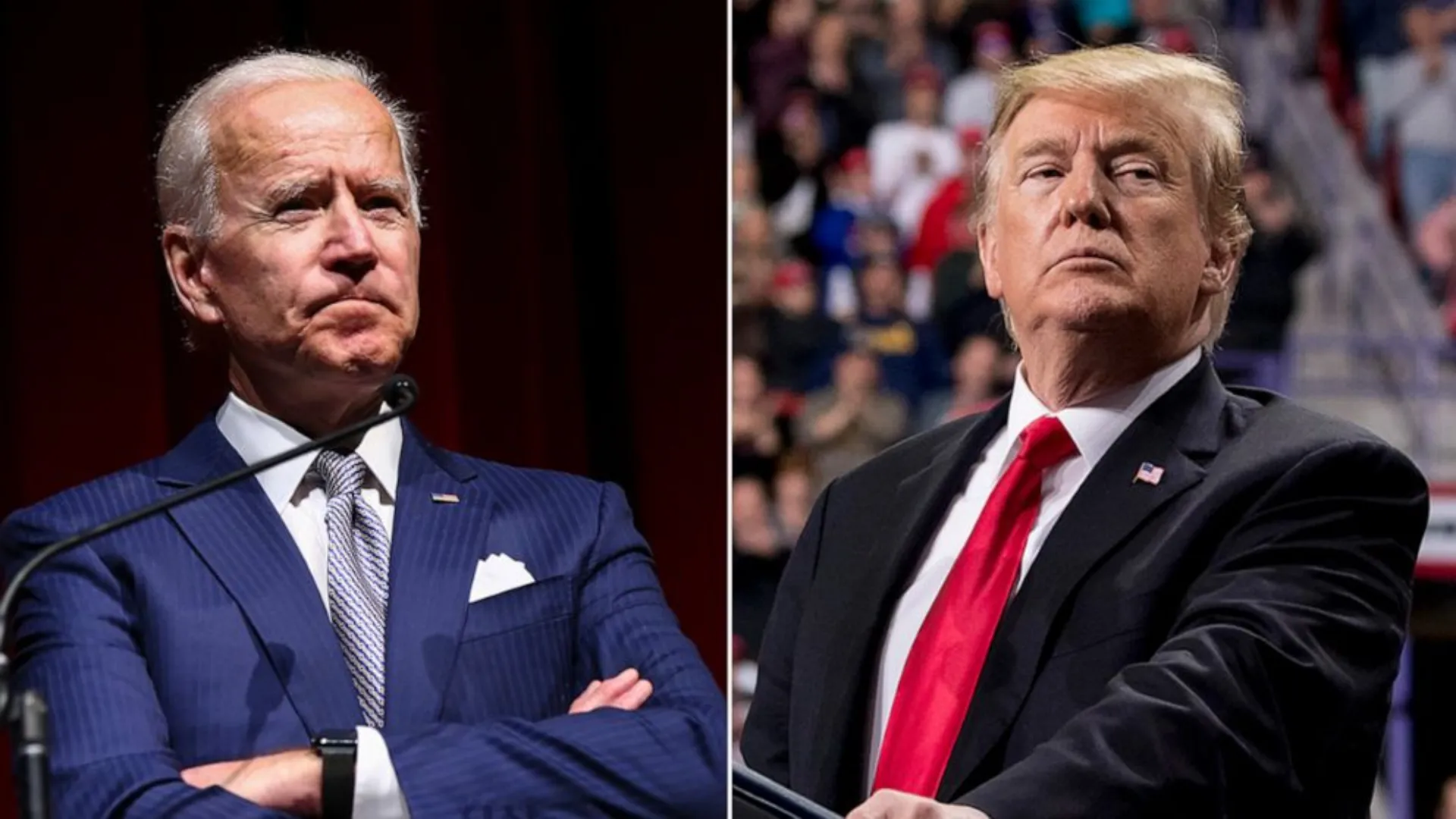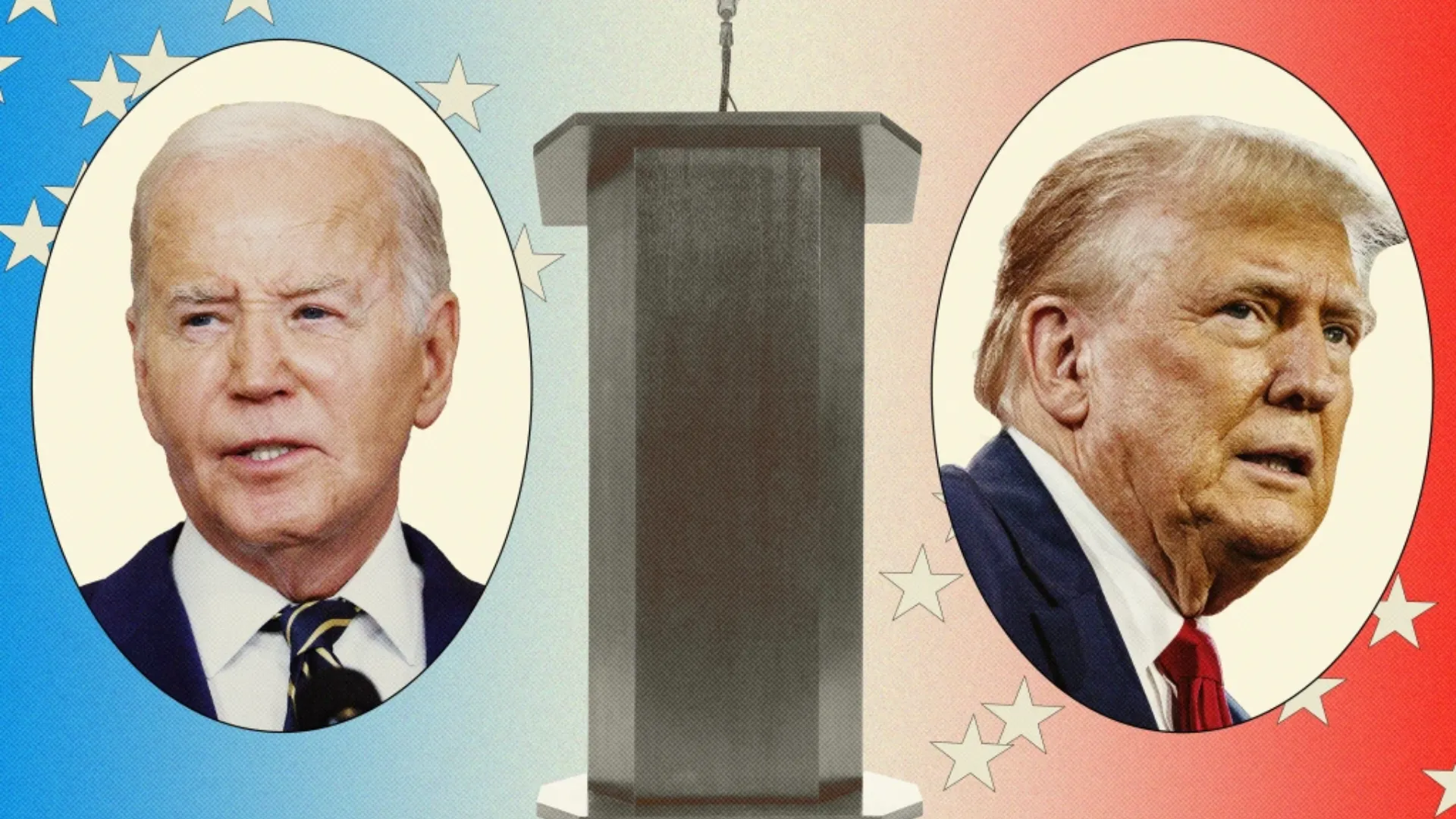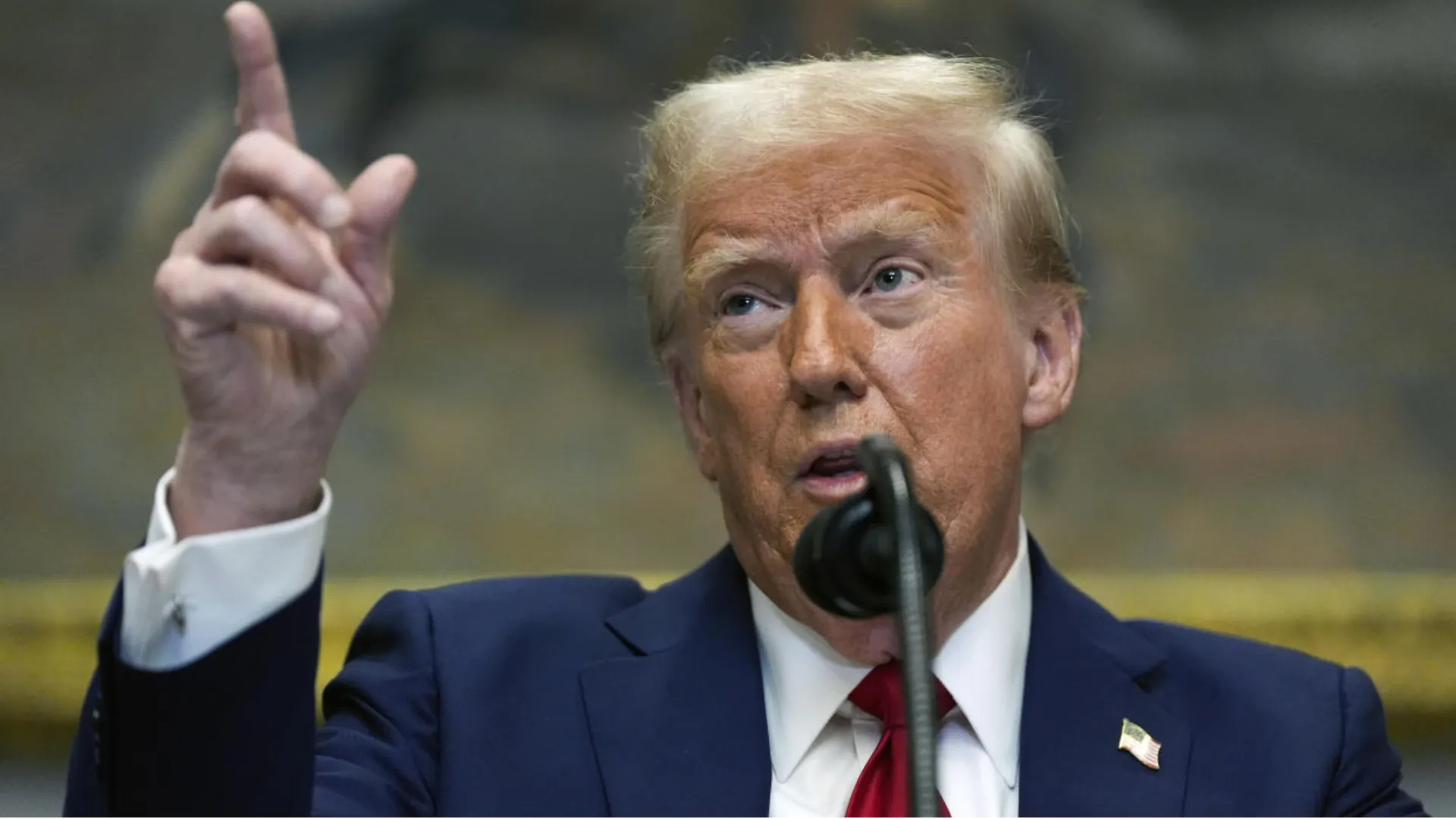
In recent weeks, a significant new chapter in America’s trade saga has begun to unfold, one that could reverberate far beyond the towering boardrooms of multinational corporations and ripple into the heart of Main Street.
The cause? A sweeping set of tariffs imposed by President Donald Trump, heralded by his administration as a necessary step to realign America’s trade relationships with the world.
But for small businesses, the consequences are already becoming painfully clear: the stakes are enormous, and the clock is ticking.
Bill Ackman, the billionaire hedge fund investor known for his sharp instincts and unapologetic opinions, recently sounded a powerful alarm.
In a blunt post on social media platform X, he warned that unless President Trump pauses his tariff plan, a significant portion of America’s small businesses will not survive. “If the president doesn’t pause the effect of the tariffs soon, many small businesses will go bankrupt,” Ackman wrote.
“Medium-sized businesses will be next.” His call for a 90-day pause—essentially a brief intermission in the tariff regime—was aimed not just at staving off financial ruin, but also at giving the administration time to recalibrate its approach before irreversible damage is done.
While Ackman’s warning may seem dire, it’s far from unfounded. With tariffs now placed on a wide swath of foreign imports—including products that were once exempt, like coffee and tea—the ability for small businesses to survive has been thrust into jeopardy.
The margins are slim for many of these companies, particularly in sectors dependent on goods that are either not produced domestically or are difficult to replace quickly.

As Ackman pointed out, there is no “reshoring” solution for coffee, which the U.S. simply does not grow in sufficient quantities to meet domestic demand. The same is true for tea, with domestic production virtually nonexistent.
What’s most concerning for small business owners, however, isn’t just the price hikes caused by tariffs, but the compounding pressures of disrupted supply chains, delays in shipments, and increased logistical costs.
The National Small Business Association’s recent survey revealed that 42 percent of small businesses have already seen their costs rise due to these new duties. Meanwhile, another 30 percent have been hit with delays, leaving them scrambling to fulfill orders in an environment of rising uncertainty.
Even the most nimble businesses, typically able to pivot and absorb fluctuations in cost, are finding themselves unable to weather the current storm.
It’s a crisis that is both immediate and looming. For many entrepreneurs who have already seen their margins squeezed by inflation, rising labor costs, and the fallout from the pandemic, the tariffs are the final blow that threatens to push them over the edge.
For small businesses that deal in imported goods, a sudden increase in costs can wipe out profits in the blink of an eye. And if that weren’t enough, the effects of these tariffs are rippling outward.
Consumer prices, too, are expected to rise, as businesses of all sizes pass on these costs to the American people. The familiar logic of the free market—supply and demand—runs headlong into the cold, hard reality of an economy that can’t simply substitute products overnight.
Yet despite these warnings, the White House remains resolute in its stance. Trump’s administration has framed the tariffs as a necessary tool to reset the balance of trade and reassert American dominance in a world that has, according to the president, taken advantage of the U.S. for far too long.

“We have an opportunity to change the fabric of our country,” Trump declared during a recent meeting in the Oval Office. “We have an opportunity to reset the table on trade.”
It’s a vision that, for many, resonates as a much-needed corrective to a system that has allowed China, the European Union, and other trading partners to flourish at America’s expense.
But the question remains: At what cost?
It’s here that Bill Ackman’s warning gains traction. While there’s little dispute that America’s trade policies have been uneven over the years, the ripple effects of a tariff-driven economic war may not play out as expected.
Small businesses, particularly those without the global reach and deep pockets of larger corporations, may find themselves crushed beneath the weight of rising costs and stagnant demand.
For start-ups and mom-and-pop shops already navigating an economy marked by uncertainty, tariffs are not just a challenge—they’re a threat to survival.
The numbers bear this out. As the president’s tariffs on foreign goods—ranging from everyday products like electronics and clothing to more specialized items—start to bite, many small businesses are already being forced to make hard choices.
Should they absorb the higher costs, or pass them on to consumers? The former risks driving the business into the red; the latter risks alienating customers in an already price-sensitive market.

Further complicating matters is the ongoing uncertainty about how long these tariffs will last. The markets—especially those in sectors directly impacted by these duties—are in flux.
While larger corporations have the resources to adapt to these changes, smaller businesses do not always have the financial cushion to ride out the volatility. What was once a manageable challenge has quickly escalated into a pressing crisis.
And this crisis, as Ackman pointed out, could send shockwaves through the economy, with long-term consequences for employment, innovation, and economic dynamism.
If there is a silver lining in all of this, it’s that the solution might be simpler than expected. A temporary pause, as suggested by Ackman, would allow businesses time to recalibrate.
It would give them a brief respite from the escalating costs and uncertainties. It would also provide the administration with an opportunity to reassess the broader impact of its tariffs.
The 90-day window could serve as a pressure-release valve, easing the strain on small businesses without abandoning the president’s broader trade goals.
But whether that pause will happen is anyone’s guess. As of now, the White House remains steadfast in its commitment to the tariff agenda, regardless of the growing concerns from both small business owners and investors like Ackman.
Trump’s economic team has made it clear that the tariffs are part of a broader strategy to secure better trade deals and reduce the trade deficit. But in the meantime, the risk is that the country’s economic fabric could tear at the seams.

For small businesses already struggling to make ends meet, the situation feels more like a ticking time bomb than a strategic economic maneuver. The fuse is lit, and it’s unclear when—or if—it will go off.
In the coming months, small business owners will be watching closely. They’ll be looking for signs of a pause, a shift in policy, or any relief that might allow them to weather the storm.
But they’ll also be preparing for the worst, bracing themselves for the possibility that the tariffs could be the final straw for their businesses.
If the current trajectory holds, we could be witnessing the unraveling of a crucial component of the American economy: the small business.
And as that happens, the broader consequences for our workforce, our communities, and our economy will be felt for years to come.



